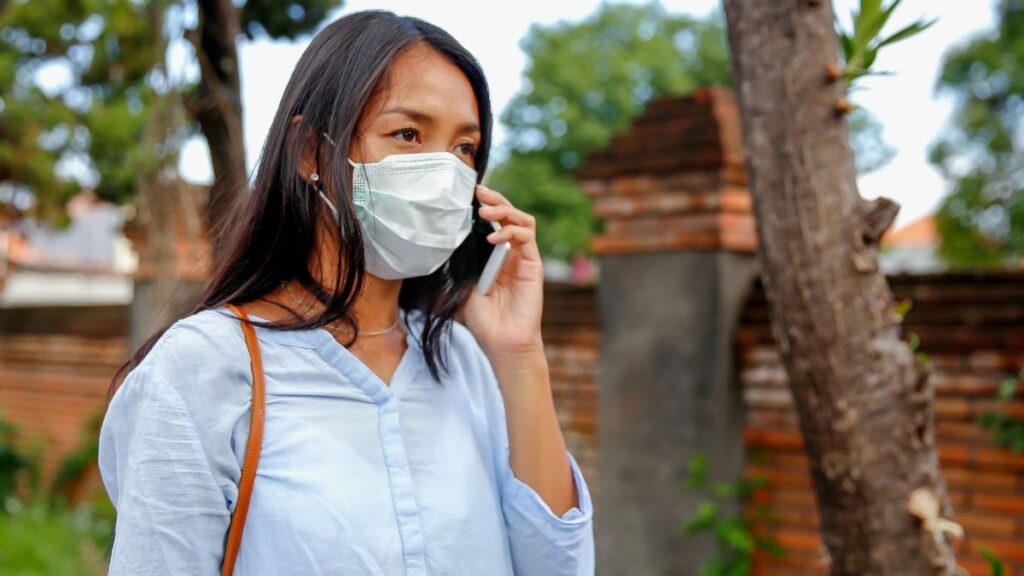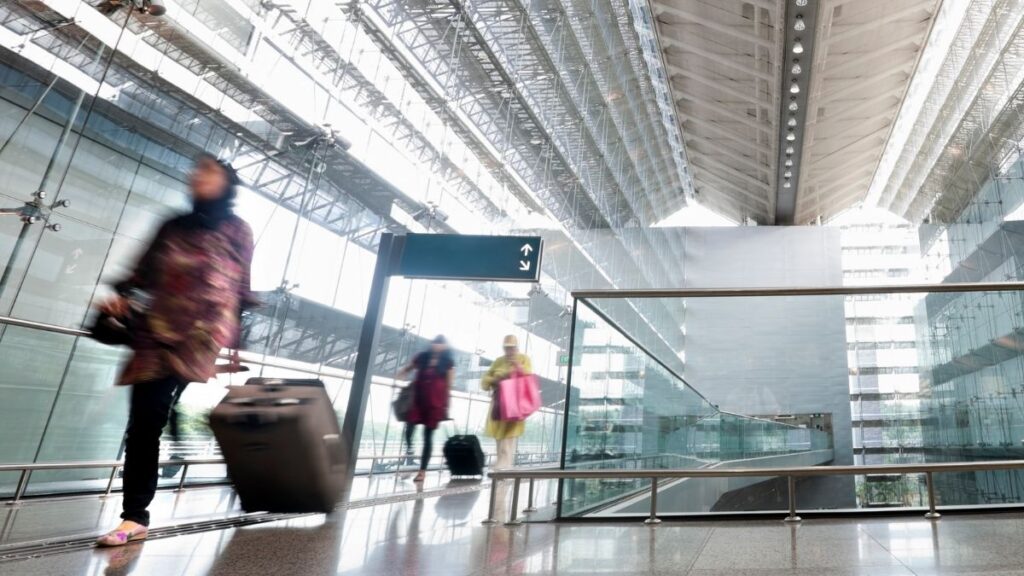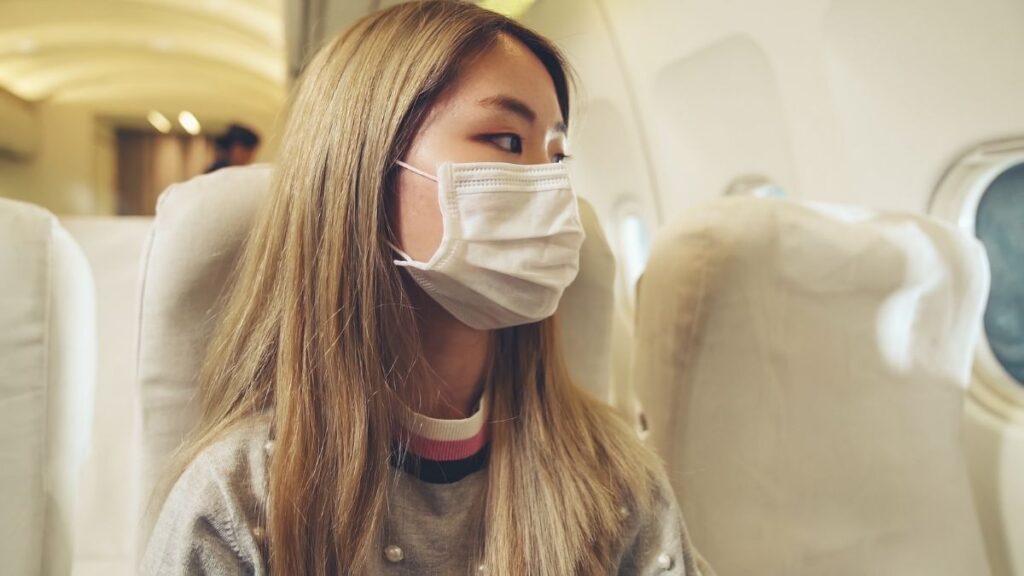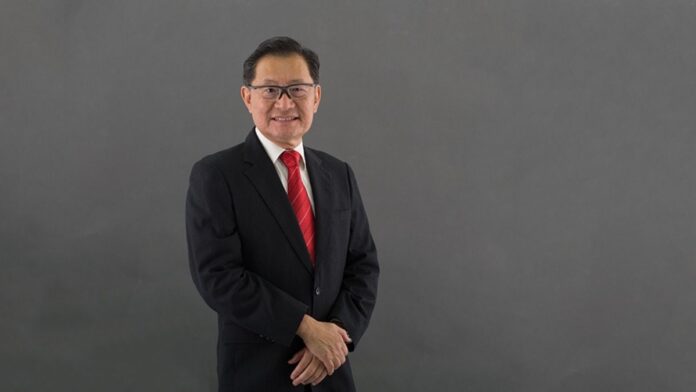Professor Datuk Seri Dr Victor Wee from Taylor’s University and the ASEAN Tourism Research Association shares his views on the reopening of travel in Southeast Asia.
We have just entered our third year living with COVID-19. Barely one month ago, many have speculated that Omicron could signal the end of the pandemic and speed the world to herd immunity. WHO now warns that Omicron is still dangerous for the unvaccinated and has led to many deaths globally.
As it stands, 90 countries have not even reached the 40% target, while 36 countries have less than 10% of their population vaccinated. The scope for virus mutation remains among the unvaccinated population, raising the possibility that more contagious and deadly variants may emerge. This is not reassuring news, particularly for people involved in the travel and tourism industry.
READ MORE: We discuss travel restrictions around COVID-19
Reopening for travel in Southeast Asia

The national COVID-19 immunisation programmes in the ASEAN countries have brought down the infection numbers and allowed the resumption of business and domestic travel.
Herein lies the delicate task of containing the virus, while trying to jumpstart travel in Southeast Asia and keeping the economy growing. The recent spike in cases of the highly infectious Omicron has dampened plans to open international travel and brought a return to restrictive measures.
The responses to coping with the Omicron surge vary widely among countries. China continues to pursue the “zero tolerance” approach, locking down 20 million population in the cities such as Xian, Yuzhou, and Anyang.
Israel resorts to the 4th booster to counter Omicron while Australia delays the lifting of restrictions in the country. Surging cases in the Netherlands and Austria led to a nationwide lockdown before the year-end festive season.
Japan adopts quasi-emergency measures and strict entry restrictions, while foreigners who enter Thailand must quarantine. Singapore joins many countries restricting travel to and from several African destinations.
Suggested approaches for ASEAN countries

The ASEAN countries have adopted the endemic approach of learning to live with the COVID virus and resigning to the fact that the virus will not disappear any time soon. Regardless, ASEAN countries must make the necessary preparations for the resumption of international travel. Here are some measures for priority action to enable and facilitate international travel in Southeast Asia.
- Close cooperation among the ASEAN countries to restart international tourism and ensure that the lifting of travel restrictions does not come with unnecessary hiccups. There should be clear rules, processes, and standards as well as mutually agreed protocols that can be applied throughout the region.
- Safe and predictable cross-border travel in Southeast Asia. Right now, international travel is hindered by constant changes in travel restrictions and requirements as they are being updated by the authorities. One of the problems affecting cross-border travel in the ASEAN region is the lack of clarity on entry requirements of travellers from neighbouring countries. What is needed is coordination and harmonisation for border crossing and regional integration within ASEAN to restart travel and cross-border economic activity.
- Provide safety and flexibility in travel arrangements where travel bookings are protected from changes in travel policies and restrictions that can occur on short notice. The border restrictions among countries can be complex and changing, and travellers do not want to be caught unaware since this can lead to frustration and unexpected costs.
- Adopt a standard approach among ASEAN countries to enable people to document their certified COVID-19 status that is accepted across countries. Travellers who have been tested at a trusted lab and vaccinated in another country can provide the necessary documents to reduce forged lab results.
- Avoid excess disclosure of personal health information. Concerns for digital privacy can arise from contact tracing requirements when travellers need to download different health screening apps each time they enter a country, an airport, or a plane.
- Ease or do away with quarantine requirements. Even if borders are described as open, travellers are reluctant to go to destinations with quarantine requirements. A recent study by IATA found that countries with a 14-day quarantine requirement is as good as closing borders for inbound arrivals. Countries wishing to welcome travellers must seriously consider the removal of quarantine requirements.
- Support big and small destinations as they prepare for opening up. The government, private sector, and local community should come together to re-establish operations and implement new policies that rebuild traveller confidence and to pay special attention to increased health and safety protocols.
- Government support to travel and tourism business for them to get back on their feet again. The assistance could come in the form of stimulus packages and incentives for travel in Southeast Asia. The survival of the tourism business will help to bring back jobs that many depend on for their livelihood.

The ASEAN governments should coordinate to harmonise the lifting of travel restrictions and facilitate movement across national boundaries. Some priority measures include standardising regulations, removing onerous procedures and adopting a form of universal digital health certification. Currently, this is not happening in a fast or integrated enough manner for the return of international travel in Southeast Asia.
The pandemic has accelerated the adoption of digitalisation into our work and life. The skills gap in the local labour market is a barrier to the adoption of new technologies. For the tourism workforce to be future-ready, agencies connected with tourism should use the lull period during the pandemic to host free online webinars and provide training for tourism stakeholders and entrepreneurs, focusing on digital skills and post-crisis reinvention.
Contributed by Professor Datuk Seri Dr Victor Wee, Professor, School of Hospitality, Tourism and Events Management, Faculty of Social Sciences & Leisure Management, Taylor’s University and Secretary General of ASEAN Tourism Research Association (ATRA).

